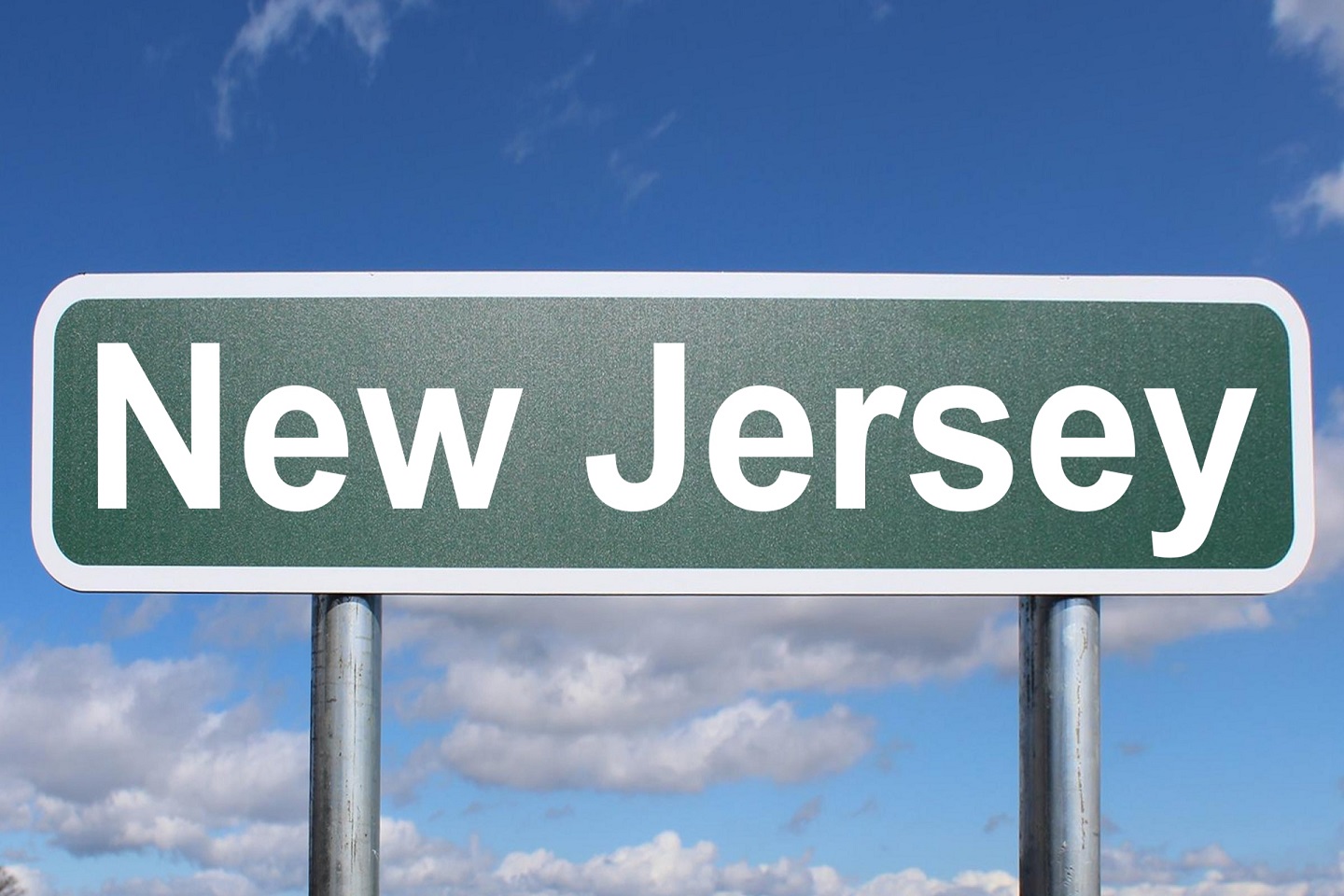
What You Need to Know Before Moving to NJ from New York
There’s a certain excitement to New York City that many other cities simply can’t replicate. There’s always something happening regardless of the time of day and regardless of what niche interests you might have, chances are you’ll find your people. NYC’s diversity is what often draws people to it. Still, while 150,000 people move to the city every year around 100,000 people move out for a variety of reasons.
If you’re considering a New Jersey move, there are a few things you should consider before taking the plunge. You’ll want to set some expectations beforehand so you’re not disappointed after moving to NJ. Once you have all the information and are ready, make sure to give us a call!
Tax Differences Between Two Cities
One of the biggest differences between New York City and New Jersey is the taxes. New York might have the highest state and local taxes combined at 12.7%, but New Jersey isn’t too far behind at 12.2%. More importantly, you’re not making the extra New York City tax even if you end up living in New Jersey but working in the city. Depending on your salary, you could be saving thousands of dollars at the end of the year. Yes, you’ll have to file in both states, but New Jersey lets you take the tax you already paid as a credit against your New Jersey tax liability.
Shopping is also less expensive in New Jersey. Regardless of what borough you live in, you will have to pay an extra 8.875% in sales tax. In comparison, New Jersey’s statewide sales tax is 6.625%. Some areas are even lower if they are in designated enterprise zones. For example, if you shop in Jersey City, the sales tax is only 3.5%!
The one area where New Jersey beats New York when it comes to taxes is property tax. In fact, New Jersey has the highest property tax in the country at 2.4%. Even in New York City, property tax reaches a max of around 1.925%. Still, considering how much you’re saving in other areas, it might be worth it to pay higher property taxes since you’ll be bringing more money home.
Commuting System: Which Is Better?
While NYC has excellent public transportation options, New Jersey isn’t too shabby either. The state has a low rate of car ownership at 29 cars per 100 people and you really don’t need a car as you can get pretty much anywhere via the PATH train, Amtrak, and NJ Transit. You can easily access NYC and Philadelphia with no issues.
If you live in Jersey City or Hoboken, NYC is a short 15 to 20 minute train ride away on the PATH. Cost-wise, you pay the same amount of money as you would for a one-way Metro Card. However, you do not get free transfers like you would if you were riding the subway. If you plan on taking the subway anywhere else, you’ll have to pay the cost of another ride.
When it comes to taking the NJ Transit or Amtrak, prices increase drastically as it is directly tied to the distance you travel. You’ll need to plan out your trip carefully as well as the trains don’t come as often as the PATH with some arriving once an hour.
As good as NJ public transportation is, it’s hard to stack it up against NYC since the subways run 24/7 and if one of the train lines goes down, you have other options to choose from. Of course, you’re comparing the transit system for a city versus an entire state so there are going to be differences when it comes to convenience and reliability. If you want to get around the state easily, your best bet is to get a car. Just remember that owning a car means extra costs such as gas, insurance, tolls, etc.
Affordable Housing Comparison Between Two Cities
Even in expensive cities like Hoboken and Jersey City, apartment costs are significantly lower when compared to NYC. The prices might look similar, but instead of only paying for a one-bedroom for $3,000/month, you’re getting a two-bedroom. The extra space is one of the major reasons many people move to New Jersey despite working in NYC.
If you’re looking to expand your family, buying a house is much more affordable than trying to buy an apartment in NYC. Sure, some locations aren’t cheap, but you’re getting an entire house versus an apartment in a building. You’ll have more space to work with and, depending on the area you choose, some nice yardage where you can relax and enjoy the weather. Plus, you’re building equity. Unlike apartments where your monthly rent doesn’t pay for anything, your mortgage payments go towards paying off your home. Eventually, you’ll own the house completely and can pass it on to your children. Even better, you’re able to deduct the interest you paid on your mortgage up to $1 million in mortgage debt.
Of course, being a homeowner also means you are responsible for everything. If something doesn’t work in your NYC apartment or the roof leaks, you just need to call the super or building manager and they will send someone to fix it. You don’t have to worry about paying for it since maintenance is included in your rent. When it comes to a home, you’re responsible for everything. That also means paying all the bills including heating, water, taxes, and even trash collection in some places. And that’s on top of potential repairs and maintenance. It can definitely add up so make sure you factor in these monthly costs to see if you’re truly ready for homeownership.
Check the Weather in Both Cities
While NYC has its fair share of extreme weather events, New Jersey hasn’t escaped unscathed either. In many cases, New Jersey often faired worse than NYC when it came to catastrophic weather due to its geography. Being located along the ocean means there are great beaches, but also extreme weather patterns you’ll need to contend with. You’ll be in the range of hurricanes and nor’easters. If you’re thinking about moving to Hoboken, consider finding a place on higher ground as Hoboken has a habit of flooding.
When you’re not dealing with storms or blizzards, you get to experience the full gamut of seasons and experience the beautiful and colorful display during the fall and spring seasons. Winters tend to be cold but bearable and the average summers tend to be hot and humid. Still, New Jersey has 130 miles of coastline to enjoy during the summer months.
Hire Professional NJ Movers for Your Move
It’s important to understand to pros and cons of moving to New Jersey before committing to an apartment or home. You want to be as prepared as possible before taking the plunge. Once you’ve done your research and made your decision, reach out to trusted NJ movers to help you with your relocation. We at NJ Great Movers have been working in New Jersey for over 10 years so we can help you get organized and situated. You have enough on your plate so let us take the moving part out of the equation!
